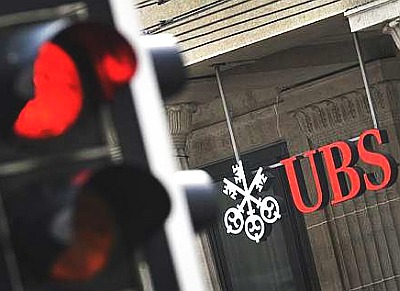The Government of Singapore Investment Corporation (GIC) says it will maintain its investments in Citigroup and UBS, despite the gloomy outlook for Western financial institutions.
This comes days after news that Temasek Holdings had sold its stake in Bank of America (BOA), resulting in an estimated loss of several billion dollars. GIC currently has an 11 per cent stake in Citigroup, while its stake in UBS amounts to about nine per cent.
Observers say UBS and Citigroup have significant holdings in Asia and other high growth regions, which could recover more quickly from the downturn. And this could benefit GIC in the long term.
Arjuna Mahendran, Head of Asia Investment Strategy, HSBC, said: "By investing in these two very large investment banks, an investor who has a strategic holding in the equity of those banks would perhaps have access to the deal flow that emanates from their investment banking operations. And that is a huge positive if you are running a large sovereign wealth fund."
This comes days after news that Temasek Holdings had sold its stake in Bank of America (BOA), resulting in an estimated loss of several billion dollars. GIC currently has an 11 per cent stake in Citigroup, while its stake in UBS amounts to about nine per cent.
Observers say UBS and Citigroup have significant holdings in Asia and other high growth regions, which could recover more quickly from the downturn. And this could benefit GIC in the long term.
Arjuna Mahendran, Head of Asia Investment Strategy, HSBC, said: "By investing in these two very large investment banks, an investor who has a strategic holding in the equity of those banks would perhaps have access to the deal flow that emanates from their investment banking operations. And that is a huge positive if you are running a large sovereign wealth fund."



